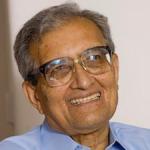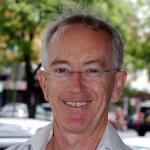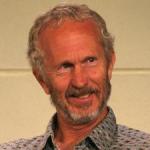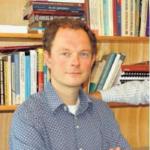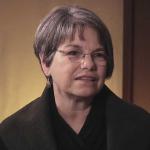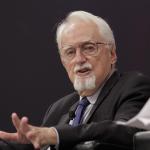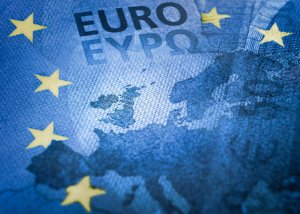INET Berlin 2012 - back home again. On stage, it’s been a huge amount of claims, assertions, and arguments about what went wrong, about what exactly happened, about why this time was different, about what will certainly happen, and about what remains deeply uncertain, about what “we” shall do about it, about what “we” could do better. And despite the many uses of “we” I felt little addressed, and will not remember much of it, I’m afraid.
Instead, it’s how it feels that we keep in memory, in particular if the meeting is so symbolically-laden. Off-stage, Rob Johnson told me he wishes that people go away with a sense of hope. This was certainly the case for the Commons. Excitement was great. Students told me that they want to bring life into INET from the bottom up as it is still very much run top down. They also mentioned the comparison with the somewhat aged post-autistic movement, and INET indeed might have the chance to harbor the current generation of economics student who want to do it better. The divide between the heterodoxy and orthodoxy would not be the same. As Rob Johnson’s wish came true in the case of the Commons, I wish that INET will manage to support the young in their new excitement.
It would not be a problem of scarce resources. Memorable was Rob Johnson as he was saying “thank you” after Soros and Janeway announced to give seventy-five million to INET. It’s been a difficult “thank-you” that stresses this gesture beyond its scope of meaning. I mean, how is it possible to say thank you for seventy-five million dollars? And so Johnson was shaking and trembling as though the money had been given to him. Another “thank you” followed that was equally difficult to grasp: walking from the stage, we were shown flashy images of money trees and the like, as though in “the price is right”, closed by another “thank you”. I guess I don’t know enough economics in order to understand such transactions.
Another set of different feelings, at the margin of the event, were caused by the art group that need special mention. They kindly introduced us, among others, to homo oeconomicus, sometimes lying around, sometimes walking in slow motion up and down the hallway – embarrassing or disturbing for some, causing smiles and inspiration for others, and great fun for me! The buttons they produced were an actual success: I myself was wearing the “post-paradigm”, and the “paradigms cannot be lost”, the “1 %”, and the “99 %”. The System was also patiently standing there during the breaks, or so I understood their nice pyramid-performance. I heard comments that suggested that some participants knew already too much in order to be inspired by art to pose new questions, but I hope the majority agrees with me that INET should indeed become open enough to include the arts: This Is New Economic Thinking!
I must admit a feeling of uneasiness when standing next to this person in the bathroom – someone who I exclusively and regularly see in the news. May be if we “kids” are grown up we will deal more easily with the simultaneous presence of knowledge and power, though I’m afraid it’s too late already. I couldn’t hold back the question: what went wrong with my life that the former minister of finance pees next to me?
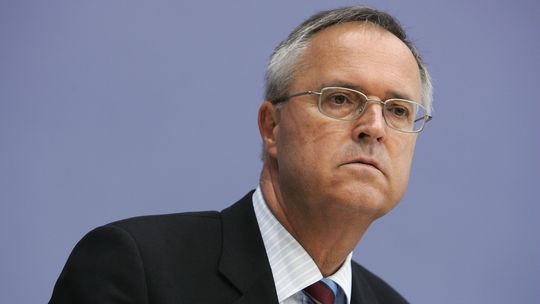
It cannot be only a matter of prominence. For another noteworthy impression was the talk by Amartya Sen – one of the few that I followed from the beginning to the end. He somewhat managed to obey an honest concern for being on the good side of economic debates that was not obvious in other talks. I am certain that most of the participants in the conference were actually concerned people, but claiming truth might not be the best way to transmit this feeling.
And I will remember a lovely sense of nervousness among those we interviewed: INET provided us with a professional camera-team – Ben and Scot – meaning that we had to set up the light, hook up the people with microphones, stand or sit at the right spot: then thinking on command. It’s not obvious that we found people willing to go through this procedure only for a little blog as ours. And so I want to thank all who were ready to answer our questions: Steve Keen, Doyne Farmer, Dirk Bezemer, John Davis, Nicola Giocoli, Julie Nelson, Judith Klein, Jean-Philippe Bouchaud, and Axel Leijonhufvud. I’m looking forward to see the result and to comment on the actual content of what that is, New Economic Thinking.
A last remark about exclusion and inclusion: For the last session, and the reception, the Commons were allowed to walk over to the main event. Good so.
Next time, perhaps, Hong Kong!

